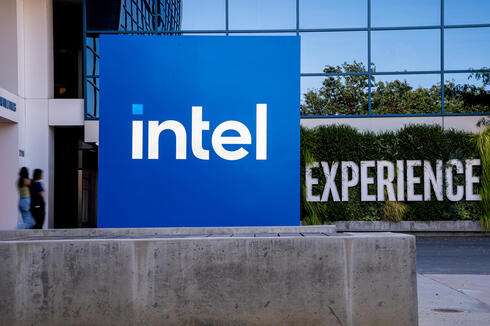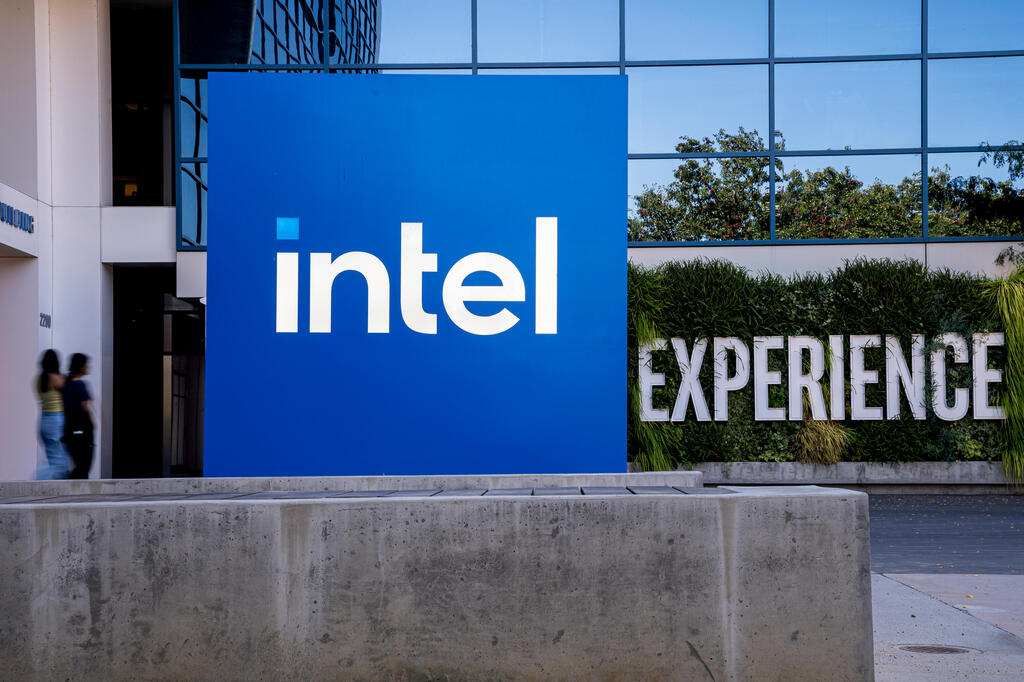
Intel to begin foundry layoffs in July, but uncertainty hangs over Israel amid wartime reality
July job cuts mark the start of foundry downsizing under Lip-Bu Tan, with Israel’s Kiryat Gat plant no longer immune.
Intel’s sweeping restructuring plan is about to enter a new, more painful chapter. According to reports emerging from Ireland and Oregon, the company is preparing to initiate layoffs at its manufacturing operations, its foundry division, as early as mid-July, with initial cuts expected to conclude by the end of the month.
This phase of the downsizing marks a significant escalation in Intel’s global workforce reduction strategy, which until now has largely targeted R&D teams and corporate divisions. Now, even the manufacturing units, long considered vital to Intel’s turnaround strategy, are being reshaped under new CEO Lip-Bu Tan’s mandate to build a leaner and more agile company.
But what this means for Intel’s massive manufacturing presence in Israel remains unclear, especially as the country navigates an escalating regional war with Iran and its proxies.
At the center of Intel’s Israeli operations is its flagship Kiryat Gat plant, home to over 4,000 employees and a key part of the company’s global chip production chain. Historically, this site has been spared from direct impact in previous layoffs, thanks in part to generous Israeli government grants, as well as its central role in Intel’s plans to scale up foundry services.
But that immunity appears to be ending.
As reported by Calcalist last week, Intel is now preparing to reduce headcount at Kiryat Gat as part of the ongoing global restructuring. The initial cuts are expected to affect mid-level managers, a potential precursor to broader layoffs. It’s not yet confirmed whether these are part of the second round of layoffs already underway in Israel or signal the start of a third.
The timing could hardly be more delicate. Israel is in the midst of an escalating war with Iran, and the country’s economy is under increasing strain.
The impending foundry layoffs also signal a deeper shift in how Intel views its own industrial footprint. Under Tan’s leadership, even cornerstone facilities are no longer untouchable. While the company insists it remains committed to in-house chip manufacturing, and to becoming a major foundry player for third-party clients, the message from Santa Clara is that operational bloat will no longer be tolerated, even in strategic areas.
Since 2022, more than 20,000 Intel employees globally have lost their jobs. Reports suggest a similar number could be cut in the year ahead.
The company said in response to Calcalist's report on the impending layoffs in Kiryat Gat: "As we announced earlier this year, we are taking steps to become a leaner, faster and more efficient company. Removing organizational complexity and empowering our engineers will enable us to better serve the needs of our customers and strengthen our execution. We are making these decisions based on careful consideration of what’s needed to position our business for the future, and we will treat people with care and respect as we complete this important work."














